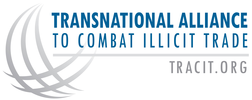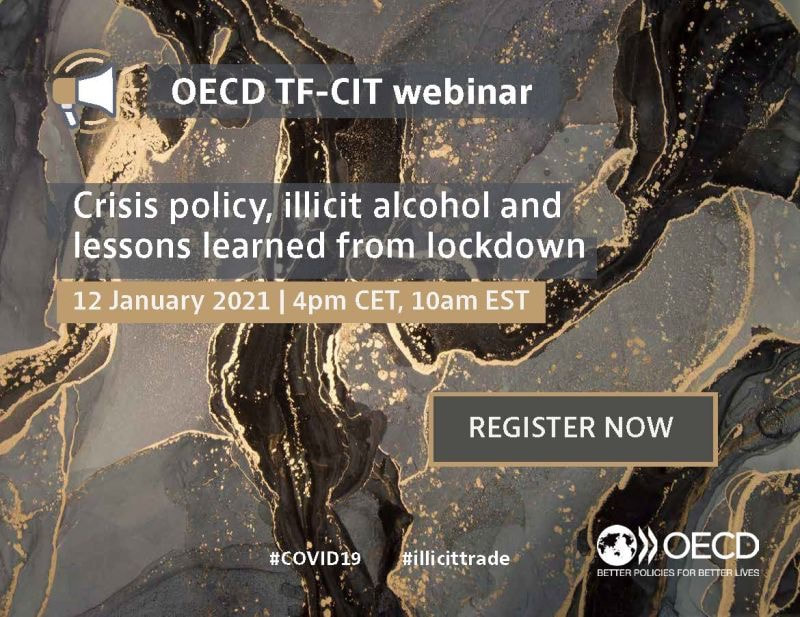Lessons Learned from LockdownThe TRACIT report, Prohibition, Illicit Alcohol and Lessons Learned from Lockdown, analyzes the economic and social impacts of strict restrictions on the production and/or consumption of alcohol (dry laws) during the early stages of the COVID19 outbreak, with a specific focus on the consequences associated with illicit trade.
The report suggests that crisis-driven COVID-19 related prohibitions on alcoholic beverages have generated a number of negative health-related externalities and promoted the development of parallel illicit markets. In dealing with the challenges associated with COVID19, government decisions must therefore be careful, balanced and prudent, to help guard against the negative socio-economic consequences that have historically attended the imposition of alcohol prohibition laws. In the face of the ongoing health pandemic, the report recommends that governments:
|
MEDIA CENTER EN ESPAÑOL KEY LESSONS LEARNED Featured Webinar:
|
|
Transnational Alliance to Combat Illicit Trade (TRACIT) is an independent, non-governmental, not-for-profit organisation under US tax code 501(c)(6).
© COPYRIGHT 2024. ALL RIGHTS RESERVED. |
Follow us
|





